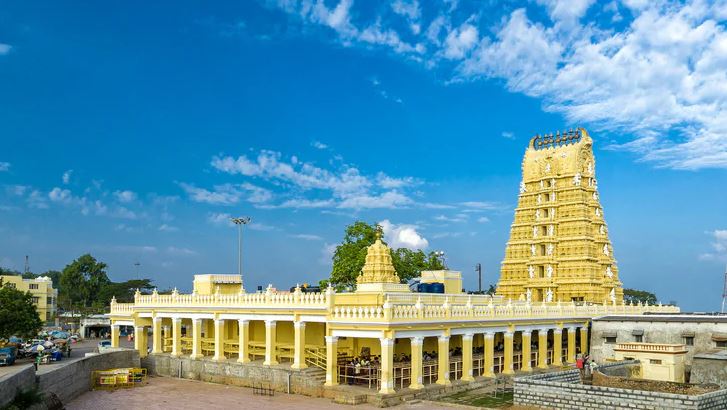In a proactive move to invigorate the tourism sector and tackle employment challenges leading up to the 2024 Lok Sabha elections, the Bengal Cabinet has given green signal to a proposal to bestow industry status upon the hospitality sector. This decision, stemming from a proposal put forth by the State’s Tourism Department, holds the promise of fostering economic resurgence and reinvigorating the state’s tourism landscape.
Here are the key highlights of this significant development:
1. Substantial Savings on Electricity Bills: Hotels will benefit from a transition to industrial power tariff rates, a move set to result in considerable savings on electricity bills. Estimates suggest that these savings could amount to up to Rs 3 per unit, a substantial relief for hotels, where electricity costs stand as the second most significant expense after employee salaries.
2. Reduced Electricity Duty: Upon gaining industry status, the hospitality sector will enjoy a reduced electricity duty, though the exact magnitude of these savings remains to be precisely calculated. Nonetheless, the fiscal relief is expected to be significant.
3. Cost Reduction in Water Supply: Currently, hotels pay commercial rates for water supply. However, this will change once the hospitality sector is granted industry status, allowing them to pay the lower industrial rates for water supply.
4. Lesser License Fees and Taxes: The hospitality sector will see a reduction in license fees and other taxes, including property taxes, further easing the financial burden on hotel operators.
5. Improved Floor-Area Ratio (FAR): Industry status will bring an improved FAR, which relates to the proportion of land on which buildings can be constructed compared to the usable floor area. This means that hotels and tourism-related infrastructure can undertake more construction on a given piece of land. This development is anticipated to attract more investors to establish hotels and associated tourism facilities.
Sudesh Poddar, President of the Hotel and Restaurant Association of India’s Eastern Chapter, welcomed the decision, noting a longstanding demand for industry status for the hospitality sector. He highlighted the potential to encourage investors to contribute to the state’s tourism sector and expand its existing infrastructure.
Given the persistent issue of job scarcity, especially concerning the upcoming Lok Sabha elections, sources within Nabanna disclosed that the government is exploring all available avenues to create employment opportunities. Fresh investments in the hospitality sector are seen as a catalyst for generating significant job prospects, considering the state’s enormous tourism potential.
The tourism industry currently contributes approximately 13 percent to Bengal’s GDP, exceeding the national average of 7.5 percent. Notably, in 2022, over 1.04 million international tourists visited Bengal, while the state hosted 84.54 million domestic tourists.
The decision to grant industry status to the hospitality sector is expected to invigorate the tourism industry, employing more than 15 lakh people in the state. Moreover, it is poised to encourage major hotel chains to expand their accommodations, further enhancing Bengal’s tourism offerings. Samrat Sanyal, General Secretary of the Himalayan Hospitality & Tourism Development Network, an apex body representing tourism stakeholders, lauded the decision’s potential to boost the tourism sector.






